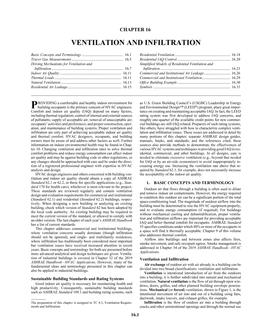Optimal configuration for facades across different buildings and locations involves a complex decision-making process. This paper presents a method for assessing the integrated energy perfoamrnce of passive and active multi-section façade systems combined with lighting and thermal controls of perimeter building zones using an open source language. A thermal network approach is used to predict indoor thermal environmental condition and annual energy consumption of perimeter zones equipped with combinations of passive and active façade systems such as selective glazings, translucent pane3ls, motorized shades and blinds, in conjunction with daylight-linked lighting controls. The model uses anisotropic sky models for an accurate prediction of solar gains, variable angular glazing properties and transient lighting simulation. A simple private office with one exterior window is used as an initial case study. Experimental measurements in full-scale laboratories with and without shading were used to compare to simulation results in order to validate the developed models. Then the model is expanded and generalized to include the impact of multi-sectional facades in order to evaluate the combined impact of glazing and shading configurations on energy demand and thermal comfort. This study presents a basis for a future modeling tool that can be used to optimize the design of multifunctional, dynamic façade systems.
Product Details
- Published:
- 2012
- Number of Pages:
- 8
- File Size:
- 1 file , 1 MB
- Product Code(s):
- D-SA-12-C019
- Note:
- This product is unavailable in Russia, Belarus


